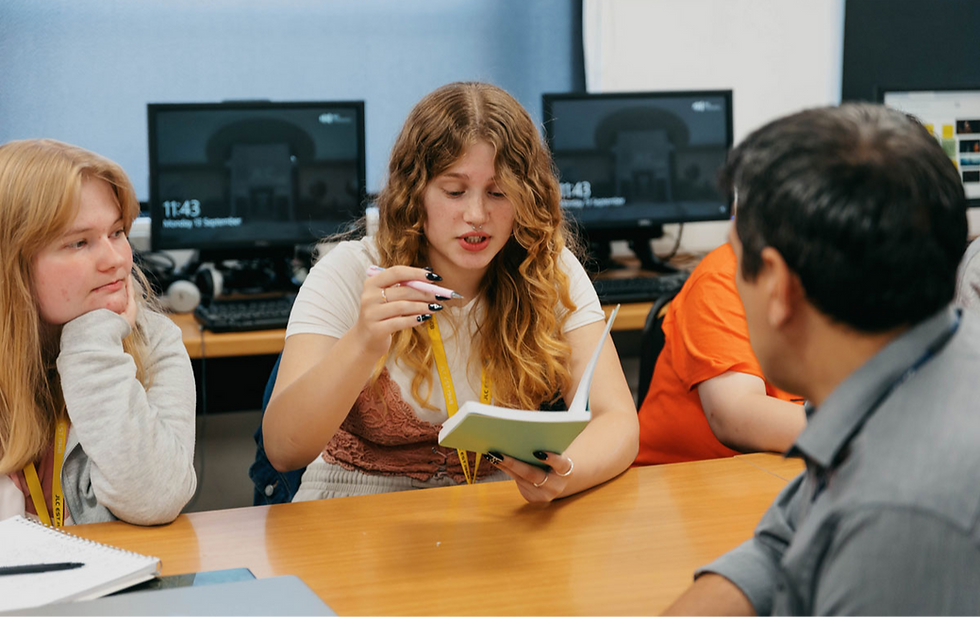Entry Requirements
GCSE English at Grade 5 or above with an average points score of 4.6 or above.
Assessment Method
This course is assessed by exams.
About this course
Who is this course aimed at?
This course is aimed at students who:
Question things beyond the norm, such as the meaning of life and why we exist
Interested in developing wisdom and pursuing happiness and virtue
Enjoy debating and arguing about a variety of different topics, including politics, law, religion and science
Like to think independently and use their imagination and creativity to think about abstract ideas
Have an interest in social issues and social justice
Enjoy thinking about paradoxes and finding solutions.
What will you learn?
Epistemology, which is the study of knowledge. In this topic, we ask questions around the nature of knowledge, and how we can define knowledge. We also assess the limits of knowledge, understanding the limits of perception, whether we have innate knowledge, and our dependency on science and religion.
Moral Philosophy, which is the study of ethics. In this topic, we ask questions around the nature of morals, and whether morals are just made-up concepts. We look at different theories, from Utilitarianism (maximizing the most happiness for the most amount of people, whatever the consequences), to Virtue Ethics (focusing on building character virtues and excellence).
Metaphysics of God, which is the study of the nature of God. In this topic we ask questions around God's existence and what the difference is between God and reality, and the problem of why we have evil in the world.
Metaphysics of Mind, which is the study of consciousness. In this topic we ask questions about whether there is more to our world than just physical stuff, and whether having consciousness is something quite different from just having a brain.
What skills will you develop?
Critical Thinking
Analysis
Written and Verbal Literacy
Meeting Deadlines
Self Confidence
Resilience
Practice
Time Management
Research

Progression routes
Teaching
Charity Work
Research
University Teaching
PhD
Activism
Law, particularly Human Rights
UN work
Journalism
Civil Service
Council
Regional Government







.jpg)

